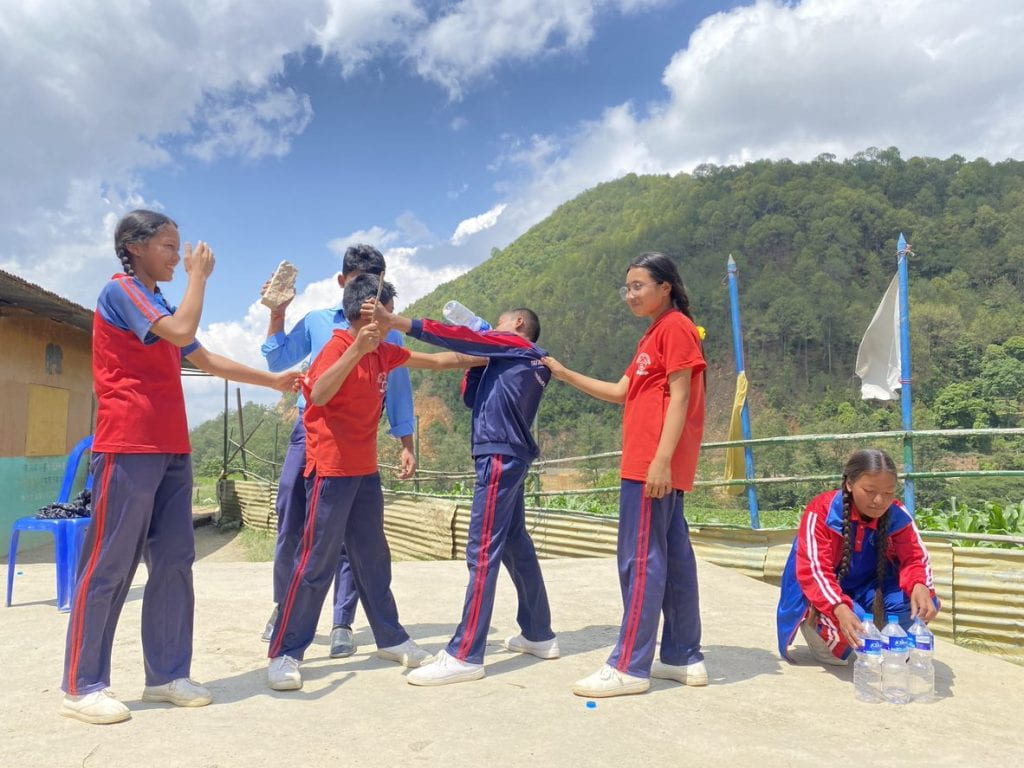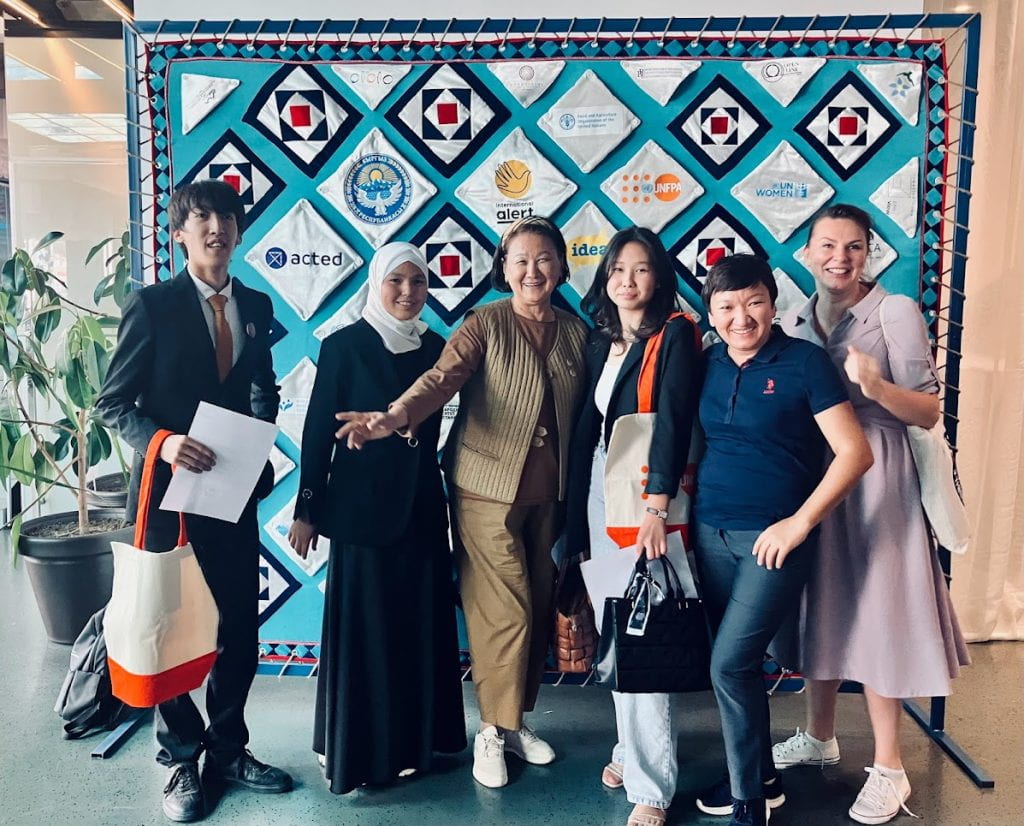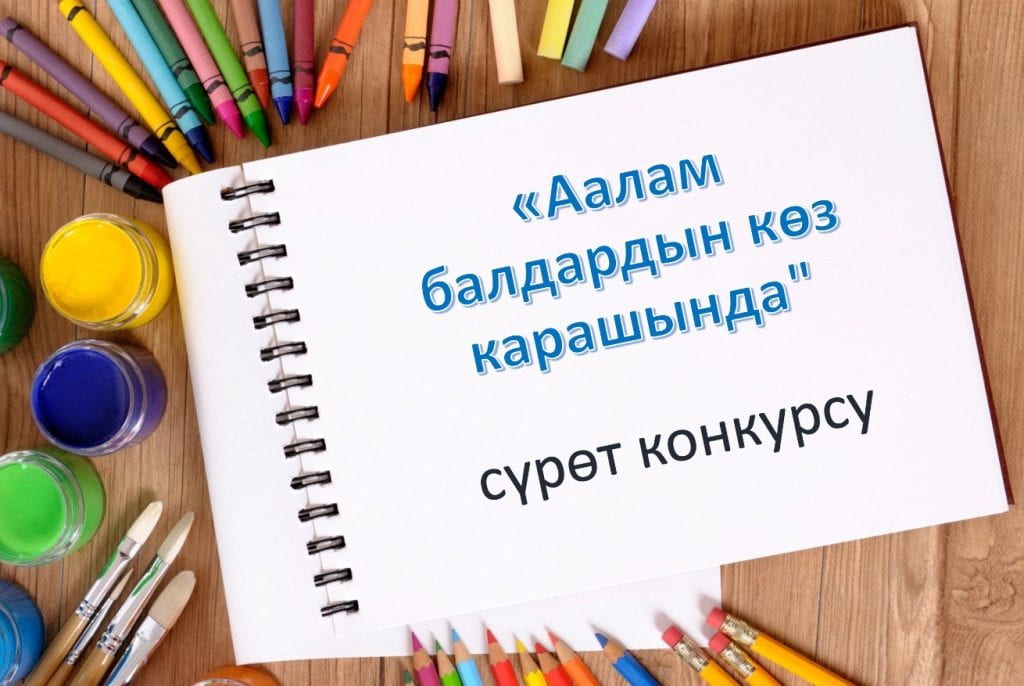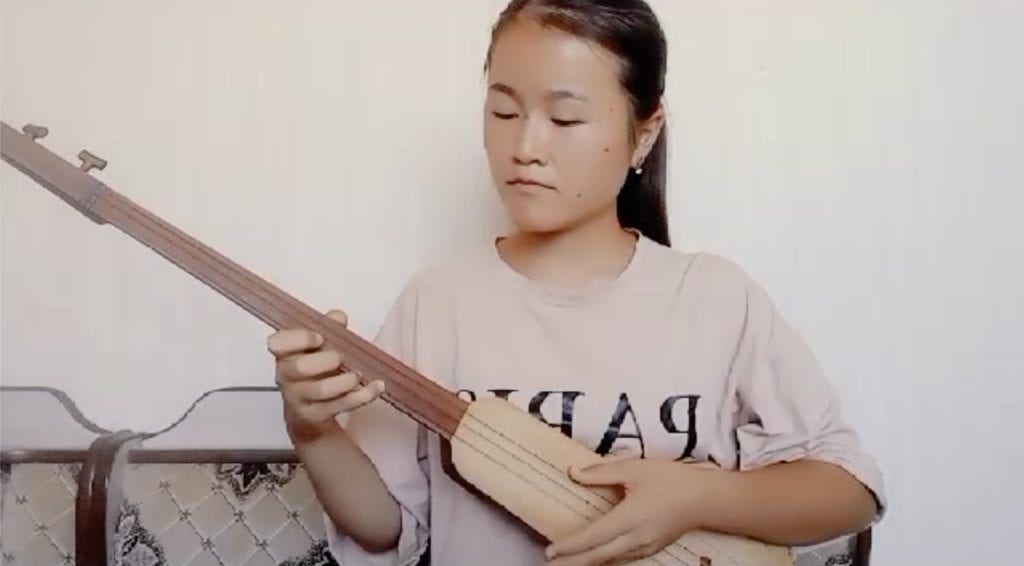…
Press: MAP Podcast featured in the GCYPS January 2024 newsletter


Take a look at how youth researchers in Nepal explore creating policy briefs in an artful way. This policy art brief highlights the use of arts-based methods in delivering the social science curriculum to young people, specifically in Years 6-8. …

Dr Harla Sara Octarra, co-investigator of the MAP project in Indonesia, published an article on navigating ethical challenges in participatory arts-based research with young people….

Cite this article: Breed, A., & Uwihoreye, C. (2023). Sharing and listening to stories for peacebuilding in post-genocide Rwanda. Research in Drama Education: The Journal of Applied Theatre and Performance, 28(1), 160–171. https://doi.org/10.1080/13569783.2023.2185130 Abstract: This article explores how sharing and listening to stories linked children and young people, educators, artists, civil society workers, and policymakers as part…

On Thursday, 19 October, 2023, Mobile Arts for Peace (MAP) will be hosting a free webinar on Zoom with the theme “Revitalising Tradition to Inform Curriculum.” The webinar will feature speakers who will present their research projects and reflections from three different initiatives in Indonesia, Ukraine, and Nepal. In the first session, we will present…

On September 19, 2023, the Foundation for Tolerance International (FTI) presented the MAP project at the Yntymak Week (Cohesion Week). For the first time, the event unified the voices of the Peacebuilding Hub of Kyrgyzstan and other actors, such as CSOs, formal and informal groups, INGOs, UN, IOs, government, media, grassroots activists, influencers, local leaders,…

The MAP School Club organised a drawing competition entitled “The World through the Eyes of Children”, which focused on the issue of violence against children. This theme included bullying, early marriage, migration of parents, and other issues that children could see in their community. The competition was held in all pilot schools. Selected drawings were…

This is a song that reflects on the effects of parental migration on children left behind. It explores the challenges faced by these children when parents leave in search of better job opportunities abroad, often resulting in a lack of parental care. Drawing inspiration from Chingiz Aitmatov’s White Steamship, which portrays a child’s experience of…

This article will provide an overview of how the Arts and Humanities Research Council (AHRC) Global Challenges Research Fund (GCRF) project Mobile Arts for Peace (MAP) has attempted to explore the use of interdisciplinary art-based practices for peacebuilding in Rwanda. In particular, we will detail how performance has been used to create a two-way system…

This article will provide an example of how the ‘Mobile Arts for Peace (MAP): Online psychosocial support through the arts in Rwanda’ project used digital art-based workshops to facilitate social and community cohesion and mental health provision. During the COVID-19 pandemic, there was an increased need for psychosocial support due to the economic and social…

The MAP at Home Psychosocial Manual delivers five units covering the following themes: 1) Emotion; 2) Sharing Stories; 3) Active Listening & Deep Stories; 4) Family & Community Engagement; 5) Give & Take. The exercises were delivered as part of online digital workshops delivered between March – August 2021, with over 108 research participants working…

This is the PFA material that was delivered during the early phase of MAP in Indonesia. The training aimed to prepare youth facilitators in providing Psychological First Aid (PFA) to children during and after participating in MAP project. The objectives of the training were to enhance facilitators’ skills in delivering child-centered PFA, increase their sensitivity…

Volume One – Mainland Europe, North and Latin America, Southern Africa, and Australia and New Zealand Prentki, T. and Breed, A. eds., 2020. The Routledge companion to applied performance (Vol. 1). London: Routledge. https://doi.org/10.4324/9781351120142 Abstract: The Routledge Companion to Applied Performance provides an in-depth, far-reaching and provocative consideration of how scholars and artists negotiate the theoretical, historical and…

Cite this chapter: Breed, A. (2020). Epic Performances in Central Asia. In: Breed, A., Dubuisson, EM., Iğmen, A. (eds) Creating Culture in (Post) Socialist Central Asia. Palgrave Macmillan, Cham. https://doi.org/10.1007/978-3-030-58685-0_4 Abstract: This essay provides an overview of a unique performance style and oral epic tradition from Central Asia known as Manas that both serves as…

Cite this chapter: Breed, A., Iğmen, A. (2020). Introduction: Making Culture in (Post) Socialist Kazakhstan, Kyrgyzstan, and Xinjiang. In: Breed, A., Dubuisson, EM., Iğmen, A. (eds) Creating Culture in (Post) Socialist Central Asia. Palgrave Macmillan, Cham. https://doi.org/10.1007/978-3-030-58685-0_1 Abstract: In this volume, we introduce specific contexts of historical and contemporary negotiation around the categories of ‘culture’…
Reflections from MAP Rwanda Project Coordinator – Victor Ntezirembo From 5 to 7 August 2020, the Institute for Research and Dialogue for Peace (IRDP) hosted the Mobile Arts for Peace (MAP) and Changing the Story (CTS): Arts-Based Research for Education and Peacebuilding Conference. The conference brought together over 40 participants online from around the globe,…

Performing political scripts Abstract: Ananda Breed’s article investigates gacaca courts in Rwanda, which have been employed since 2005 to address crimes related to the 1994 Rwandan genocide against the Tutsi. Stressing that scripts and performances influence and inform each other in/as an evolving practice, the article explores critically the varied permutations of the gacaca law…

Abstract This chapter examines the use of interdisciplinary, arts-based approaches to peacebuilding through the Mobile Arts for Peace (MAP) project in Rwanda, funded by the Arts and Humanities Research Council and the Global Challenges Research Fund, through an overarching project entitled Changing the Story: Building Inclusive Societies with and for Young People in Five Post-Conflict…

This is an Accepted Manuscript version of a book chapter published byRoutledge/CRC Press in Participatory Arts in International Development (editedby Paul Cooke & Inés Soria-Donlan) on 29 August 2019. The final version of thechapter is available online: https://www.taylorfrancis.com/chapters/edit/10.4324/9780429399190-8/mobile-arts-peace-map-ananda-breed Keywords: Applied performance, childhood studies, policy, art-based methods, Rwanda…

Cite this chapter: Breed, A. (2018). Interview with Nurlan Asanbekov. In: Breed, A., Prentki, T. (eds) Performance and Civic Engagement. Palgrave Macmillan, Cham. https://doi.org/10.1007/978-3-319-66517-7_17 Abstract Nurlan Asanbekov was the director of Kyrgyz State Theatre and trained at the Russian Theatre Academy of Arts in Moscow. Asanbekov founded Sakhna Theatre in 2002. The artists work and…

Editors: Ananda Breed, Tim Prentki Cite this book: Breed, A. and Prentki, T. eds., 2018. Performance and Civic Engagement. Palgrave Macmillan. About this book: This book explores ‘civic engagement’ as a politically active encounter between institutions, individuals and art practices that addresses the public sphere on a civic level across physical and virtual spaces. Taking a multidisciplinary…

Cite this chapter: Breed, A. (2018). Performance, Place and Culture for Civic Engagement in Kyrgyzstan. In: Breed, A., Prentki, T. (eds) Performance and Civic Engagement. Palgrave Macmillan, Cham. https://doi.org/10.1007/978-3-319-66517-7_14 Abstract: This chapter will explore the Youth Theatre for Peace (YTP) project in relation to environmental aesthetics and socially engaged participatory practices towards tolerance building in…

Cite this chapter: Breed, A., Mukaka, A. (2016). Theatre for Survival: Art of Creation and Protection (Kubunda). In: Duggan, P., Peschel, L. (eds) Performing (for) Survival. Palgrave Macmillan, London. https://doi.org/10.1057/9781137454270_3 Abstract: Tutsi artists-in-exile sought to use performance as a mode of cultural survival, both to preserve Tutsi culture in the countries of refuge and to…

Cite this chapter: Breed, A. (2015). Resistant Acts in Post-Genocide Rwanda. In: Flynn, A., Tinius, J. (eds) Anthropology, Theatre, and Development. Anthropology, Change and Development. Palgrave Macmillan, London. https://doi.org/10.1057/9781137350602_6 Abstract: This chapter will analyse how micro and macro socio-political dynamics are articulated in the gacaca courts used to adjudicate crimes linked to the 1994 genocide against Tutsi,…

Cite this chapter: Breed, A. (2015). Gender-based Violence and Human Rights: Participatory Theatre in Post-Genocide Rwanda. In: Luckhurst, M., Morin, E. (eds) Theatre and Human Rights after 1945. Palgrave Macmillan, London. https://doi.org/10.1057/9781137362308_10 Abstract: During the 1994 genocide against the Tutsi in Rwanda over one million Tutsi and Hutu moderates were massacred, and an estimated 350,000…